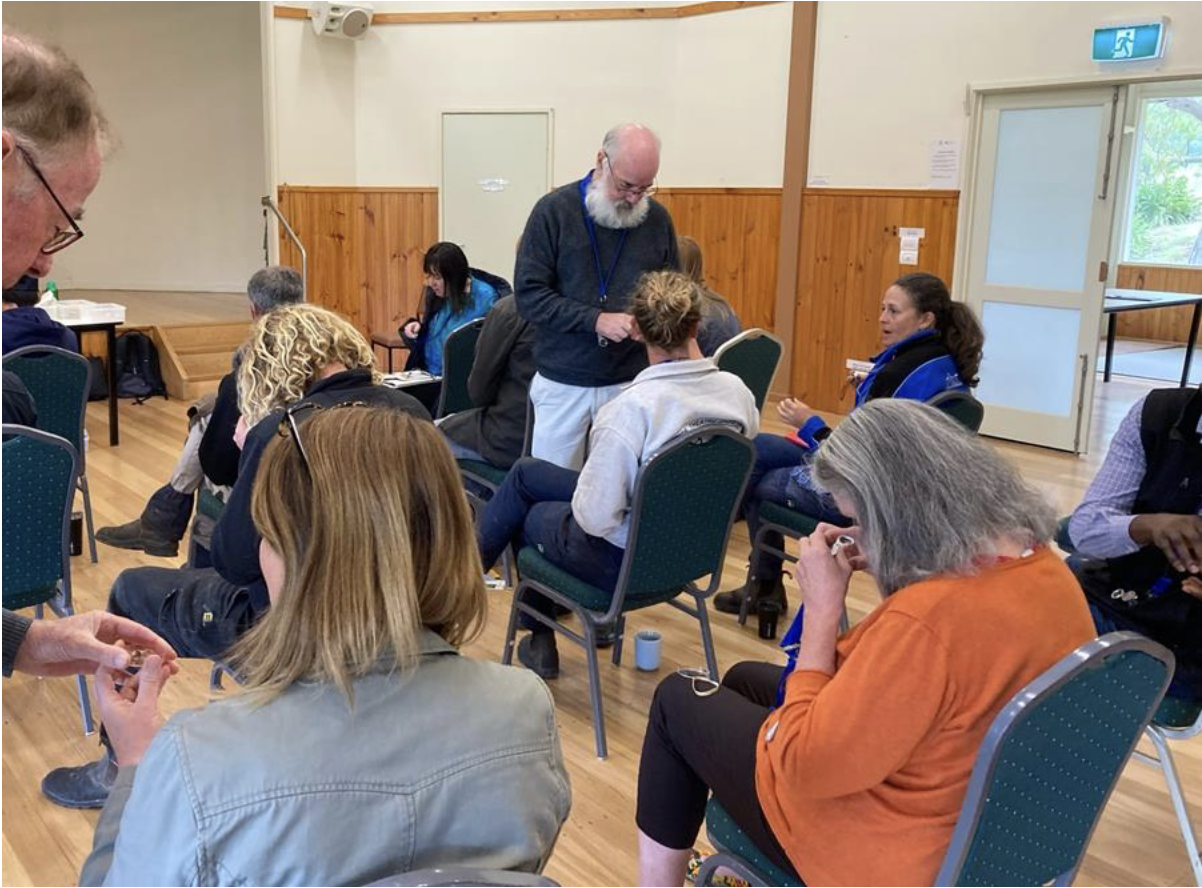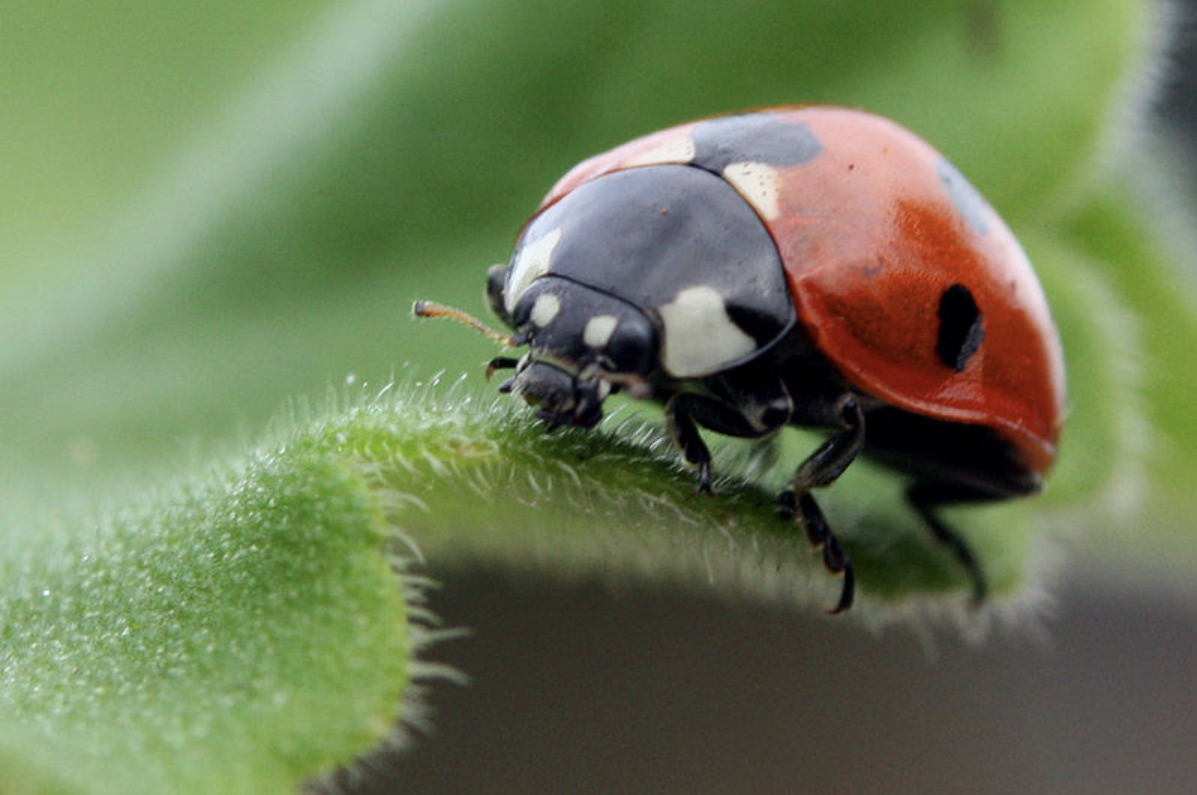The sustainable farmers you’ve never heard of
As 2022 closed out and the cost-of-living crisis began to bite, we heard our customers and staff talking about wanting to support organic farmers but really struggling to afford it.
Friends who ran farmers markets, online grower hubs and retail organic stores reported getting the same feedback from their customers.
This led us to ask the question – if our people can’t afford organic, can we find them the next best sustainable option they can afford?
This led us to a group of sustainable farmers that the supermarkets really don’t want to talk about.
First we need to go back to the mid-2010’s… I was looking for a solution for a white-fly infestation in a sweet basil crop at CERES when I came across a video about Schreurs & Sons, a family of conventional celery growers near Cranborne.
Instead of spraying pesticide on their celery the Schreurs were introducing beneficial predatory insects to control the pests. They called it Integrated Pest Management.
Inspired, we contacted an entomologist, ordered some beneficial insects for our sweet basil and promptly forgot about the Schreurs….until a few weeks ago.
Thinking they might be a lead to some sustainable fruit and veg growers, I was curious to see what the Schreurs had been up to in the intervening years.
It turned out not only had they been busy refining their IPM practices they’d been introducing complementary strategies like green manuring, composting and mechanical weeding into their operation.
Looking for other growers who were taking a similar approach I called Paul Horne, an entomologist who has helped farmers around the world implement IPM (that’s Paul in the pic below teaching farmers to identify pest and beneficial insects).
Paul was keen to talk IPM; he explained the key to it was farming in a way that made life difficult for pest insects while doing everything possible to support beneficial insect populations.
This included cultural strategies like rotating crops to disrupt pest insects or planting habitats that attracted beneficials insects.
This was paired with biological strategies that work by monitoring pest numbers – just a few pest insects equals no spraying. Lots of pests means using an organic spray like DiPel to target a specific insect but leaving beneficial ladybirds and lacewings unharmed.
As a last resort selective chemical sprays that target only pest insects can also be used but always the objective is to keep beneficial insect populations in place to control the next wave of pests.
I ask Paul why we never hear about IPM farmers and why they don’t promoting the environmental and health benefits of IPM?
He sighs and tells me they’ve tried – IPM farmers have even created a label to help consumers identify their produce.
The problem according to many people we’ve spoken to is that Coles and Woolies don’t want to promote IPM produce because it means having to talk about the broad spectrum insecticides that are heavily used on their other conventional fresh fruit and veg.
After my conversation with Paul Horne, we began seeking out leading IPM farmers who, like the Schreurs, were also likely to embrace other sustainable farming methods.
We’ve gathered a small but growing group of IPM farmers and with their produce have created a new fruit and veg box we’re calling the Small IPM Fruit and Veg Box.
It costs 30% less than our small organic fruit and veg box, which we hope will give people an affordable “next best to organic” option, and it’s available this week.
We’re starting small but in the coming weeks we’ll introduce a medium sized fruit & veg IPM Box as well as putting individual IPM produce in the webshop.
There are a few things we’d like get clear as we introduce IPM produce.
– Paul Horne and the IPM growers we’ve spoken were keen for people to know that IPM is a healthier and more sustainable option but that it’s not organic or spray-free.
– IPM produce is an affordable option that gives more people access to sustainably grown food, but we’re not going to use replace any of our organic produce with it.
– When we pack your orders we’ll never substitute an organic item for an IPM item unless you request it.
– Our IPM produce is transported, stored and packed separately to our organic produce
If you’d like to know more about IPM farming there’s a video explainer here and if you have any questions please email us info@ceresfairfood.org.au.
Have a great week
Chris



I love this!!!